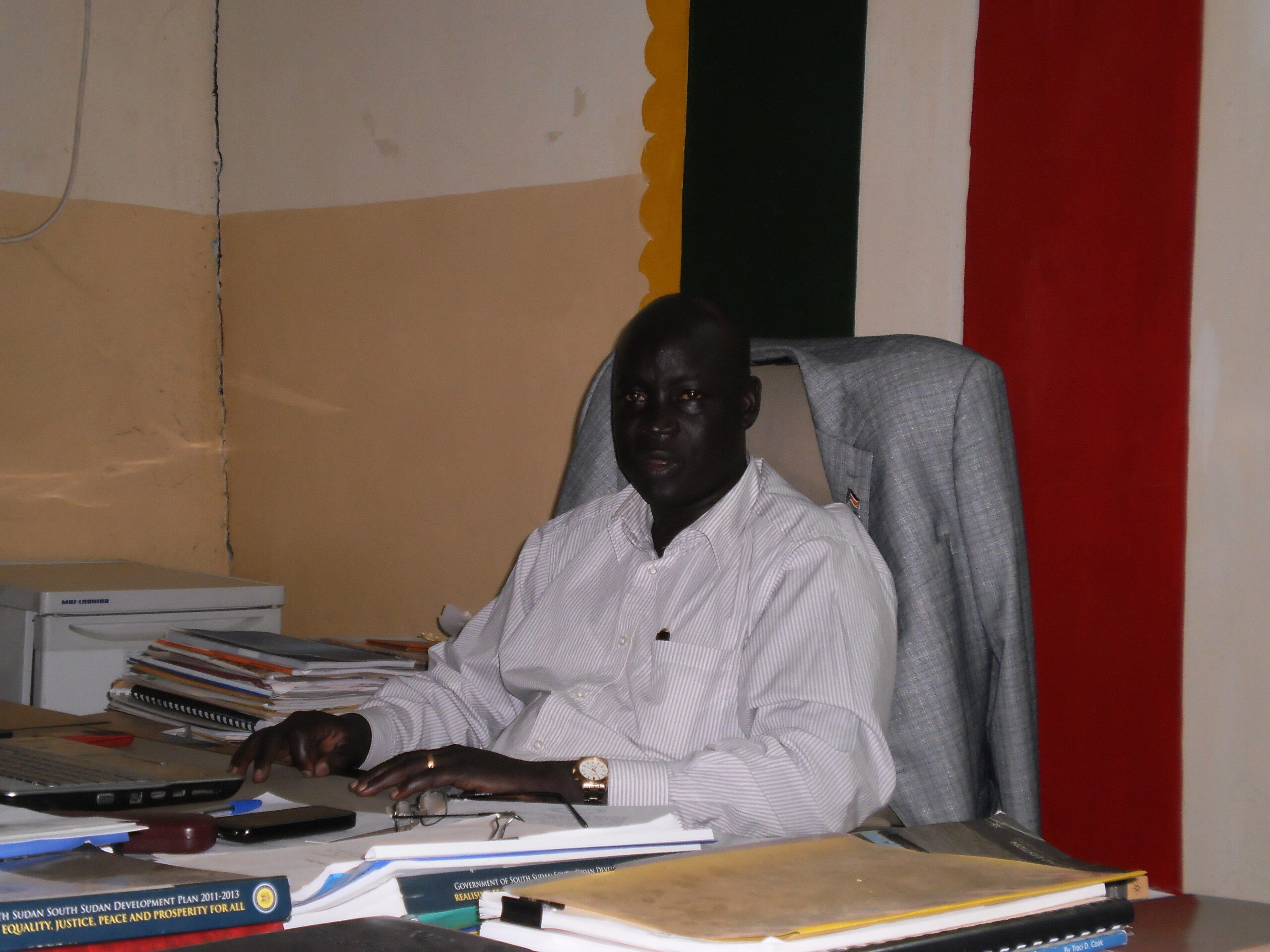Unity Deputy Governor: state oil infrastructure near serviceable
By Bonifacio Taban Kuich
November 6, 2012 (KAMPALA) – South Sudan Oil Commission (SSOC) vice president Paruk Gatkuoth Kam visited Unity State last week after assessing the condition of its oil wells which have been shutdown since January.

Geay said that despite nine months of inactivity there are only minor preparations required before oil production can resume. However, he noted that security arrangements in the area are key.
In a row over transit fees with Khartoum, Juba opted to halt oil production. At talks held in Addis Ababa the two sides reached several agreements in September, including a settlement on the exporting of landlocked South Sudanese oil through the infrastructure of its northern neighbour.
After the signing of the September agreements minister of mining and petroleum, Stephen Diu Dau, ordered oil companies to resume production immediately in October.
South Sudan army (SPLA) and the Sudan army (SAF) clashes in the Heglig area severely damaged some of its oil producing facilities.
Juba says South Sudanese oil will reach international markets between mid-November and December.
According to local authorities the Thar Jath oil field storage facilities are in a good condition, despite an alleged SAF bombing raid on Unity state in May, although the pipelines need to be rechecked.
Geay explained that they will attempt a test pump to check what maintenance work is required.
The halting of oil-production has had a crippling effect on the economies of both Sudans, both of which implemented far-reaching austerity measures. When South Sudan seceded in 2011, it took with it the vast majority of what was Khartoum’s oil production capacity. Sudan therefore became reliant on the oil transit fees South Sudan paid to export its oil.
With its limited infrastructure and dire need for development South Sudan was highly reliant on oil revenues, which made up 98 percent of its revenues.
With unfavourable forecasts for South Sudan’s future oil producing capacity, the absence of oil revenues has put into stark relief the necessity for South Sudan to avoid become a petrostate by diversifying its economy. In July 2011 the International Monetary Fund stated South Sudan “faces a potentially rapid decline in production as known reserves dwindle.”
(ST)
